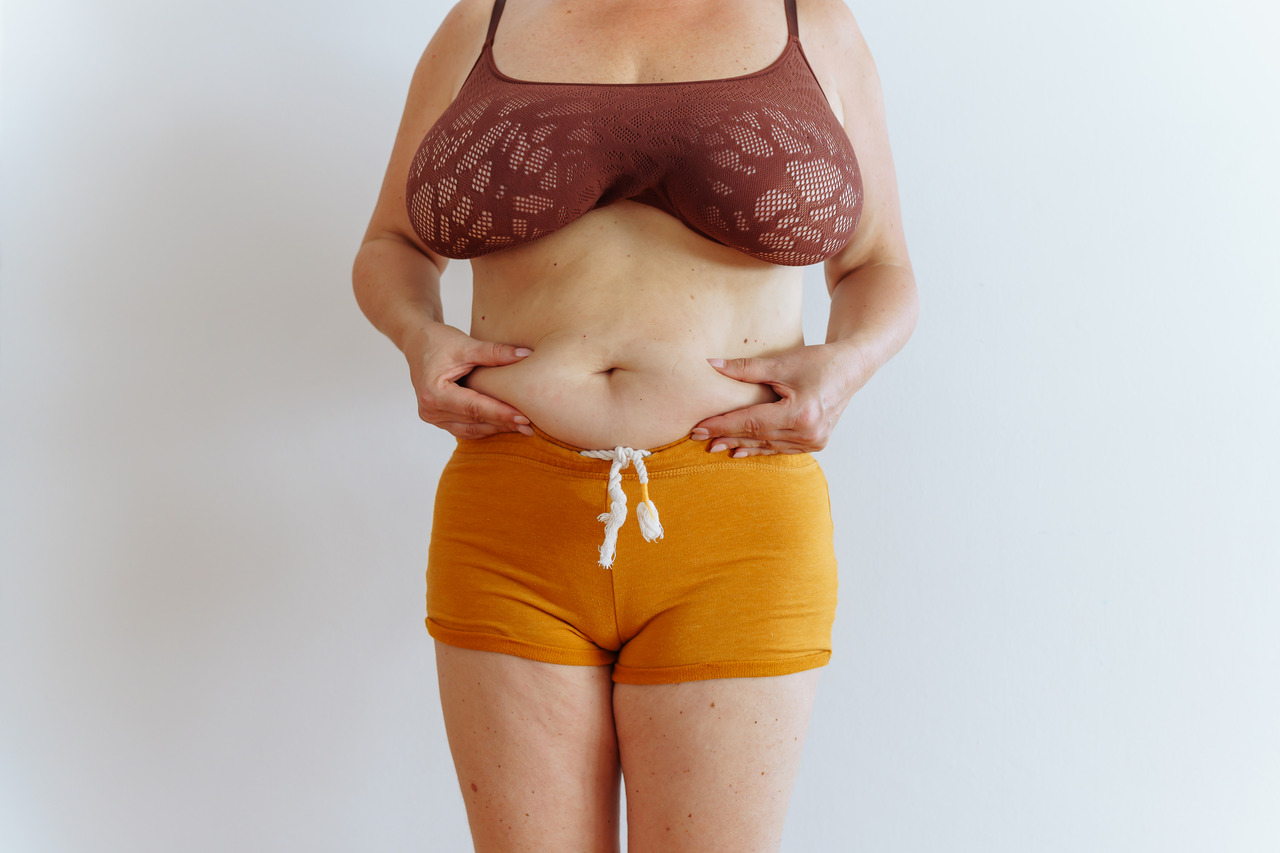
As we age, losing weight often feels like an uphill battle. For those between the ages of 40 and 65, this frustration can be attributed to more than just lifestyle changes or a slower metabolism—it’s also tied to hormonal shifts. Hormones play a significant role in regulating weight, appetite, and body composition, making age-related changes a critical factor in your weight management journey. Let’s explore how these hormonal shifts affect weight loss and how you can adapt to achieve long-term success.
How Hormones Influence Weight Regulation
Hormones are chemical messengers that control many bodily functions, including metabolism, hunger, and fat storage. Here are the key players:
Key Hormones Impacting Weight:
- Insulin: Regulates blood sugar and fat storage. Insulin resistance, which becomes more common with age, can lead to weight gain.
- Leptin: Signals fullness to the brain. Leptin resistance can occur, making it harder to feel satisfied after meals.
- Cortisol: The stress hormone. Chronic stress increases cortisol levels, leading to fat storage, especially around the abdomen.
- Estrogen and Testosterone: Decline in these hormones affects muscle mass, fat distribution, and overall metabolic rate.
- Growth Hormone: Supports muscle growth and fat metabolism. Levels decrease with age, contributing to slower fat loss.
The Role of Hormonal Changes After 40
After 40, hormonal shifts accelerate, particularly during menopause or andropause (the male equivalent). These changes directly impact your ability to lose weight and maintain muscle. Here’s how:
For Women:
- Decline in Estrogen: Lower estrogen levels cause fat to redistribute from hips and thighs to the abdominal area. This “belly fat” is harder to lose and increases health risks like heart disease and diabetes.
- Impact on Muscle Mass: Estrogen also plays a role in maintaining muscle. Its decline can lead to muscle loss, which slows metabolism.
For Men:
- Decrease in Testosterone: Lower testosterone levels reduce muscle mass and increase fat storage. This contributes to a slower metabolism and less effective workouts.
- Higher Cortisol Levels: Stress-related weight gain is more common, especially in the midsection.
Common Challenges for Both:
- Slower metabolism, making calorie burn less efficient.
- Increased hunger and cravings due to imbalances in leptin and ghrelin (the hunger hormone). For reference, check out this guide on what to eat when craving sweets while dieting.
- Sleep disturbances, which can further disrupt hormonal balance and appetite control.
Strategies to Overcome Age-Related Challenges
Understanding the hormonal hurdles is the first step. The next is implementing strategies to adapt to these changes and reclaim control over your weight.
1. Prioritize Protein:
Protein preserves muscle mass and boosts metabolism. Aim for a calorie-to-protein ratio of 10:1 or less for optimal results.
2. Strength Training:
Muscle-building exercises counteract the loss of muscle mass caused by hormonal changes. Incorporate strength training 2-3 times a week.
3. Manage Stress:
Chronic stress increases cortisol, leading to weight gain. Practices like yoga, meditation, or even a daily walk can help reduce stress.
4. Optimize Sleep:
Poor sleep disrupts hunger-regulating hormones and slows metabolism. Aim for 7-8 hours of quality sleep per night.
5. Balanced Nutrition:
Include a mix of lean proteins, healthy fats, and complex carbs to keep energy levels stable and prevent blood sugar spikes.
6. Medical Support:
Programs like the 10X Diet provide tailored strategies to address hormonal imbalances with personalized nutrition plans and hunger-suppressing prescriptions.
Sample Hormone-Friendly Meal Plan
Here’s an example of a day’s worth of meals designed to support hormonal balance and weight loss:
| Meal | Food Options | Benefits |
| Breakfast | Greek yogurt with berries and chia seeds | High protein and fiber to keep you full and stabilize blood sugar |
| Snack | Hard-boiled eggs and a handful of almonds | Protein and healthy fats to reduce cravings |
| Lunch | Grilled chicken salad with avocado and olive oil | Healthy fats and greens to promote satiety and reduce inflammation |
| Snack | Veggie sticks with hummus | Fiber-rich option to curb hunger between meals |
| Dinner | Salmon with quinoa and steamed broccoli | Omega-3s for inflammation, protein for muscle maintenance |
| Optional Snack | Cottage cheese with a sprinkle of cinnamon | Slow-digesting protein for overnight muscle repair |
How the 10X Diet Can Help
The 10X Diet is specifically designed to address the unique challenges of weight management after 40. Here’s how:
- Tailored Nutrition: Personalized meal plans focus on maintaining muscle and balancing blood sugar.
- Medical Guidance: Hunger-suppressing prescriptions and 24/7 telemedicine support ensure you stay on track.
- Protein-Centric Approach: Emphasis on a 10:1 calorie-to-protein ratio to combat muscle loss and boost metabolism.
By combining these strategies, the program creates a sustainable path to long-term weight management, even in the face of hormonal challenges.
Common Myths About Hormonal Weight Gain
There are many misconceptions about hormones and weight loss. Here’s the truth:
Myth 1: “It’s Impossible to Lose Weight After 40”
While weight loss may take longer, it’s entirely achievable with the right strategies.
Myth 2: “Hormones Are the Only Factor”
Hormones play a role, but lifestyle factors like diet, activity, and stress management are equally important.
Myth 3: “You Have to Cut Calories Drastically”
Extreme calorie restriction slows metabolism and worsens hormonal imbalances. Focus on nutrient-dense foods instead.
Final Thoughts
Age-related hormonal changes can make weight loss feel more challenging, but they don’t make it impossible. By understanding how hormones influence your body and adapting your approach to nutrition, exercise, and self-care, you can overcome these hurdles and achieve lasting results.
Programs like the 10X Diet offer a science-backed, personalized approach to help you navigate these changes effectively. With the right tools and mindset, you can regain control over your weight and feel confident in your body’s ability to thrive at any age.
